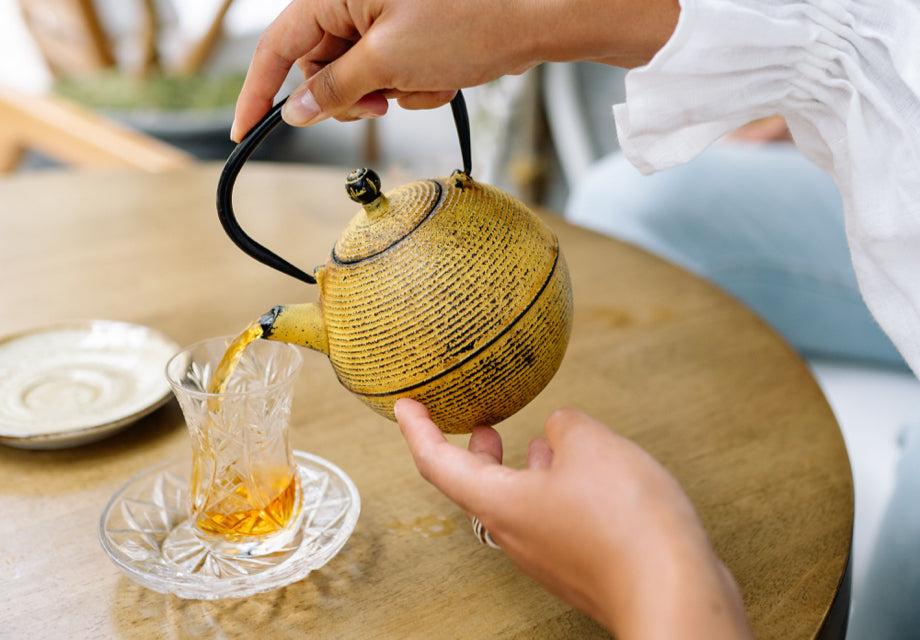The humble dandelion has been ignored by contemporary society since the Victorians decided it was a “horrible little weed”, seeing as that it wasn’t a jaw-dropping flower bed plant. The dandelion, lion's tooth, priest's crown or swine's snout is a highly valuable medicinal plant. It does produce the most exquisite flower, and it will not win the Chelsea flower show. However, its power is in its healing and nutritional value.
Learn more about how this tiny beauty packs a powerful punch!
Dandelions and Vitamins
The dandy dandelion’s scientific name is Taraxacum officinale. As South Africans say, it is “propvol”, full of vitamins. The entire plant can be consumed, and different parts of the plant have various uses.
As a food, their spicy flavoured leaves liven up a salad, stir fry or sarmie. They taste like a combination of chicory and wild rocket. It will liven up your health as well with vitamins A, B, C, and D! If that’s not enough, you will also get a solid dose of iron, potassium and the very important mineral, zinc. The roots make a medicinal, delicious tea and are also powdered into a coffee substitute.
Medicinal Benefits Of Dandelion
Historically, dandelion roots and leaves were popular for treating liver disorders. Native Americans specified it for the treatment of kidney ailments, swellings, skin disorders, heartburn and inflamed stomach or intestine lining. Traditional Chinese medical practitioners used it for upset stomachs, appendicitis and lack of milk flow for nursing mothers. European-based communities use it to cure fevers, boils, non-visual eye disorders, diabetes and diarrhoea.
Today, the dandelion is used to increase your appetite, cure liver or gallbladder disorders and act as a diuretic or digestion and kidney-function enhancer. The anti-oxidants in the flowers may improve your immune system.
In What Forms Is Dandelion Sold?
You can buy dandelion plants or seeds from your local nursery, but be sure to get written proof that toxic insecticides were not used on them.
You can purchase dandelion herbs and roots in dried or powdered forms or as a tincture, concentrated extract, teas or tablets. It is often combined into complex supplements.
How Much Should I Take?
Globally, dandelion is considered to be a safe plant to consume, but as with all natural supplements, these are organic, nature-made organisms and will vary in strength. In addition, they are naturally very powerful, so always try something new with a conservative approach.
Even mainstream medicines caution you to watch out for side effects, and it is no different when ingesting Dandelions. Just like some people cannot eat bananas, avocados or tomatoes, some people can’t eat dandelions. If you have an allergy to Asteraceae plants, including chrysanthemums, marigolds, chamomile, daisies, or iodine, then consider avoiding dandelion.
Unlock the benefits of the humble dandelion. Restore your vitality today with Dandelion Root Tea by purchasing a bag here!

